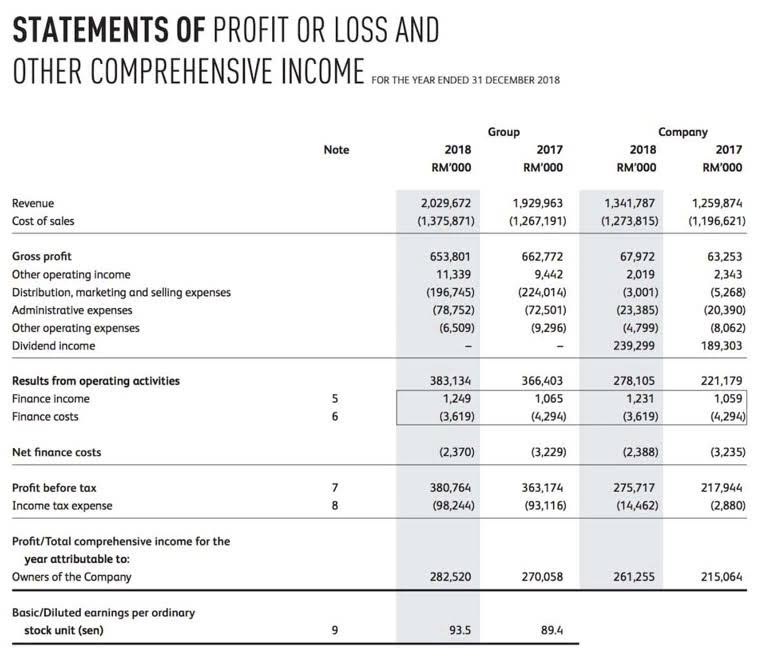
Some professions require more than others (for example, I once had a client operating as a sole proprietor as an OB-GYN, someone delivering babies). Karla Dennis, EA, MST, is CFO/CEO of the award-winning tax accounting firm KDA Inc.—specializing in tax planning. An in-house financial expert can be quite costly, especially when you are just llc accounting starting out. Moreover, disruptions arising from sick leave, vacations, or abrupt resignations as well as performance dips can put your company’s finances in jeopardy. However, with that said, an LLC company comes with its fair share of complications. LLC accounting can often be confusing, especially if you don’t have an expert to hold your hand through the process.
- Accounting is the process of keeping track of your business’s financial transactions.
- When you run a business, you have legal requirements for registering and maintaining a business—and that can vary based on business type, like for an LLC.
- A qualified accountant can help LLCs to stay organized and compliant with LLC accounting requirements.
- It indemnifies members from certain financial risk, such as when a consumer sues the organization.
- Furthermore, ongoing education regarding these updates ensures that accountants remain knowledgeable about any new regulations affecting LLCs’ financial practices.
- But a true expert will always advise you to invest in certain small changes based on the structure of your business.
Accounting for LLC: Basics, Best Practices & Tax Obligations
LLC accounting is the process of tracking and recording the financial transactions of a limited liability Certified Public Accountant company. LLCs are required to keep accurate records of their income and expenses to file their taxes. The modified cash-basis accounting method is a combination of cash and accrual accounting. All transactions and payments related to income and expenses are recorded once it occurs. Instead of choosing one accounting method, this type lets businesses record short and long-term transactions and get the best of both worlds.

How do I register my business?
An LLC, also known as a limited liability company, can’t be defined as a partnership or a corporation. However, it can often be compared to a corporation in the sense that it has many of the same rights, without the same tax liabilities. That’s because LLC accounting is the backbone of all limited liabilities companies. LLC company owners need to focus on building strong accounting strategies that can back up their business finances from the get-go.
- You want to make sure you understand where you’re going to get your funding from and what that’s going to look like.
- This level of integration ensures that all financial data is interconnected across different areas of the business without requiring manual input or reconciliation.
- Some professions require more than others (for example, I once had a client operating as a sole proprietor as an OB-GYN, someone delivering babies).
- Unlike the straightforward cash-based accounting, accrual accounting also considers accounts payable, liabilities, assets and inventory.
Outsourcing vs In-House Bookkeeping

When you run a business, you have legal requirements for registering and maintaining a business—and that can vary based on business type, Partnership Accounting like for an LLC. The record-keeping requirements for an LLC, including those surrounding accounting and management, are not as stringent as the laws imposed on corporations. In some states, corporations are required to file an annual report whereas LLCs are not.
- In addition, sole proprietorships can be more difficult to finance than other types of businesses.
- General Ledger is the business owner’s record of all business accounts.
- Considering how membership structure impacts overall financial management helps in making informed decisions about taxation strategies that align with business goals.
- Similarly, taxable income and expenses are reported in the year in which you get the compensation or pay the expense.
- As an LLC owner, you’ll have to attach a Schedule C for reporting business income and a Schedule SE for paying self-employment tax.
- For these reasons, it is important to carefully consider all pros and cons before deciding to form a sole proprietorship.
- This separation also provides clarity in terms of taxation and financial responsibilities.
However, that doesn’t mean you must hire a full-time bookkeeper or CFO to manage the complexities. In today’s rapidly evolving regulatory environment,adapting technology is crucial for staying compliant while managing an LLC’s finances effectively. Accounting software often receives regular updates to adhere to changes in tax laws or reporting requirements set forth by government agencies such as the IRS. Factors like liability, flexibility, and operational structure play a significant role in this decision-making process. Seeking professional guidance can help determine the best tax treatment for an LLC. LLCs have various tax treatment options, such as being taxed as a sole proprietorship, partnership, S corporation, or C corporation.
